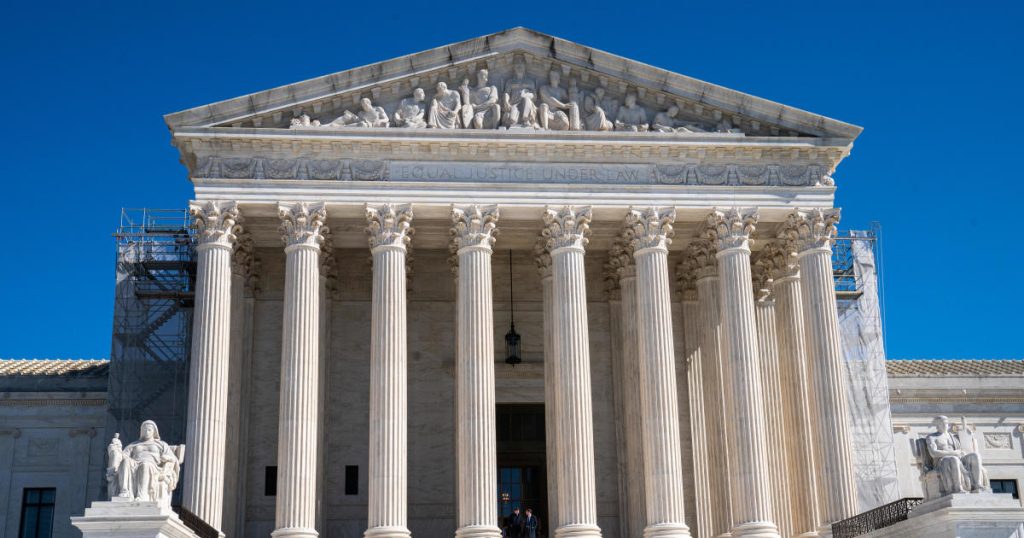The Supreme Court has granted a stay allowing Idaho officials to enforce a ban on gender-affirming medical care for transgender minors, narrowing the scope of a lower court’s order that blocked the law. The conservative majority granted the state’s request for the stay, over the objections of three liberal justices. The stay does not apply to the two transgender teenage plaintiffs in the case, but blocks the broader portions of the lower court’s decision. Justice Neil Gorsuch wrote the opinion for the conservative majority in favor of the stay.
The American Civil Liberties Union denounced the Supreme Court’s order, stating that while the ruling does not address the constitutionality of the law, it is harmful to transgender youth and their families in Idaho. The legal battle revolves around Idaho’s Vulnerable Child Protection Act, which prohibits certain gender-affirming medical treatments for minors. The law faces constitutional challenges from two transgender girls and their families. The district court initially granted an injunction blocking enforcement of the law, finding it likely unconstitutional and that prohibiting gender-affirming care would have serious consequences for transgender minors.
Idaho officials sought emergency relief from the Supreme Court to limit the injunction to apply only to the two transgender girls involved in the case. They argued that the injunction was overly broad and would prevent them from enforcing the law in necessary cases. On the other hand, the ACLU warned that the law would cause severe harm to the transgender plaintiffs and disrupt their ongoing medical care. The ACLU argued that the decision about gender-affirming medical care should be made by parents in consultation with the children’s doctor, not by state officials.
The Supreme Court’s decision to grant the stay allows Idaho to enforce the ban on gender-affirming medical care, despite objections from liberal justices and advocacy groups. The legal battle highlights the contentious debate over transgender rights and medical care for minors, with more than 20 states imposing bans on gender-affirming treatments. The case raises questions about the rights of transgender youth and their families to access necessary medical care, as well as the role of state governments in regulating such treatments. The outcome of the case could have significant implications for transgender rights and healthcare access across the United States.


